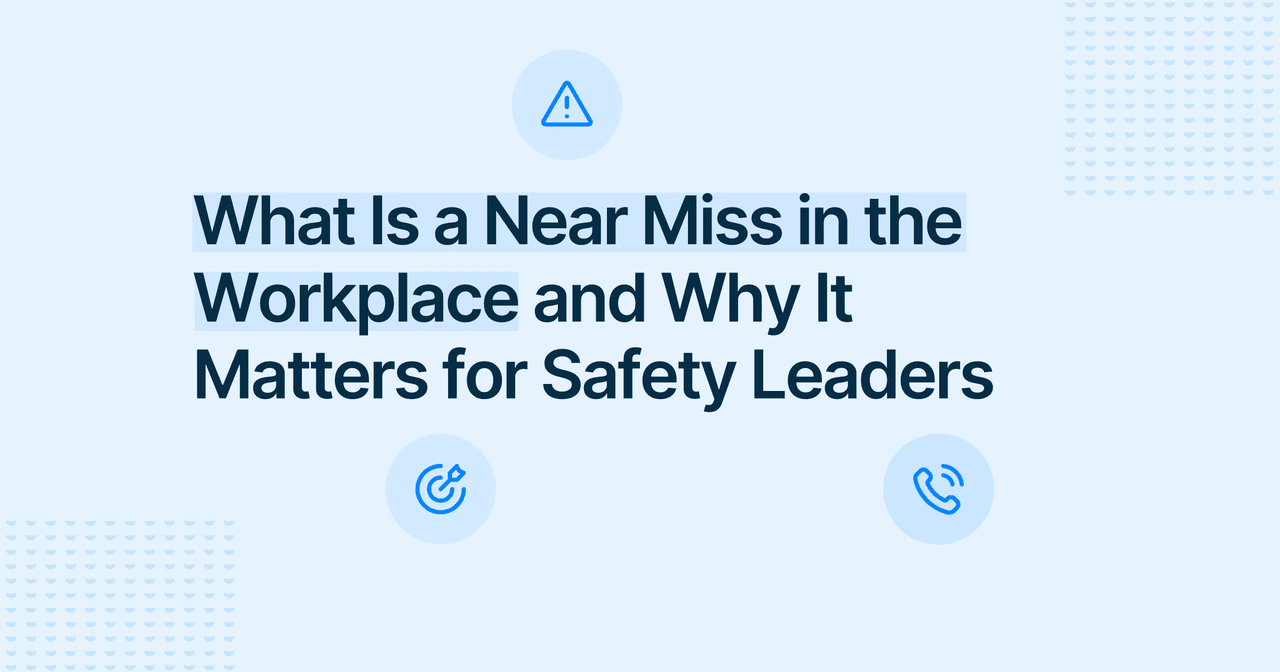



Modern Compliance Platform
Centralized whistleblowing and investigations in one secure platform.
Whistleblowing

Yeva Bartkiv
Copywriter
Published
2025-04-16
Reading time
5 min


Table of contents
Subscribe to our newsletter
Every student deserves to feel safe. Every teacher should walk into their classroom without fear. Yet, across America’s schools - from elementary school hallways to high school locker rooms - bullying, cyberbullying threats, and mental health crises are rising. Still, the most disturbing truth remains hidden: the silence. Most students never speak up. And when they don’t, schools can’t act.
At approximately 85% of students have either been bullied or seen someone being bullied. Yet - according to recent surveys - less than 20% of these incidents are ever formally reported. Students stay silent out of fear - fear of retaliation, of social exclusion, of not being believed. This is a crisis in plain sight, and it has deadly consequences.
The tragedy at Sandy Hook - and countless other school shootings and self-harm cases - exposed the terrifying cost of ignoring warning signs. In many cases, students knew something was wrong. They saw the red flags. But they didn’t say something - because they didn’t feel safe to.

This is where anonymous reporting systems (ARS) become more than just a tool. They become a lifeline.
Traditional reporting relies heavily on students approaching a trusted adult. But in reality:
Worse, school officials often only hear about an issue once it has escalated - when a student’s mental health deteriorates, when bullying turns physical, or when threats surface on social media.
This lag in information can be catastrophic. Schools need early warning systems. They need trust. They need a real-time, safe way for students to report incidents the moment they happen.
Not all reporting platforms are created equal. A system meant for a business setting - or a generic hotline - won’t resonate with students. That’s why tools like FaceUp are built specifically with schools in mind.
Whether students are facing in-person harassment or dealing with cyberbullying, FaceUp provides a mobile app with a youth-friendly interface that’s discreet, easy to use, and customizable - with school logos, categories, and direct notifications to the appropriate school staff.
This isn’t just another tech solution. It’s a bridge of trust between students and school officials.
7,580 staff. 96 schools. One goal: safer learning environments.

That’s the mission of ADvTECH, Africa’s largest private education provider. But even with strong policies in place, students weren’t reporting issues like bullying or mental health concerns. Fear and stigma held them back.
“Mental health issues were rising after COVID-19, but our reporting tools weren’t being used,” said Vanessa Crawford, HR Manager at ADvTECH.
“Thanks to FaceUp, we detect problems earlier and resolve them faster.”
Reports now flow in consistently. Staff are prepared. Students feel heard.
ADvTECH’s experience proves it: a modern anonymous reporting system saves time, prevents harm, and builds trust.
A well-implemented anonymous reporting system does more than just collect tips. It transforms how schools respond to safety concerns, mental health issues, and threat assessment.
Here’s how ARS empowers schools:
We understand that adopting a new system can feel overwhelming. Here’s how schools are overcoming the typical hurdles:
FaceUp even allows schools to tailor categories to include mental health concerns, bullying, violence, or self-harm - all fully confidential, and all accessible via Android, iOS, or desktop.
Research from the University of Michigan highlights that schools using anonymous tip lines report faster resolution of conflicts, greater student trust, and a measurable drop in violence. In fact, the Sandy Hook Promise Foundation emphasizes that Say Something Anonymous Reporting Systems are critical to school violence prevention.
Educational policymakers now recognize ARS not just as a tech upgrade - but as a safety necessity. And schools across the country are responding.
In today’s environment, a failure to act is no longer neutral - it’s dangerous. With mental health crises rising, school shootings no longer unthinkable, and high school students more vocal than ever about their need for support, the question is no longer “Should we implement an anonymous reporting system?”
It’s “Can we afford not to?”
If you’re a school administrator, principal, or counselor, you’re on the front lines of this crisis. You have the power to protect your students, uplift your teachers, and restore peace of mind to parents and community members.
But you don’t have to do it alone. FaceUp was designed for schools, with students, and by experts in education and safety.
Don’t wait until a small issue becomes a crisis.
Start your journey toward a safer, more trusting school environment today.
Protecting students isn't just about responding to emergencies - it's about preventing them. It’s about hearing the quiet cries for help, the unseen signs, and acting before it’s too late.
Anonymous reporting is more than technology. It’s a statement. It tells students: We hear you. We believe you. We will act for you.
Let’s build schools where safety isn’t a privilege - it’s a promise.




Centralized whistleblowing and investigations in one secure platform.
Keep Reading

Alaa El-Shaarawi2026-03-044 min
Legal & Compliance

Alaa El-Shaarawi2026-03-044 min
Legal & Compliance

Alaa El-Shaarawi2026-03-038 min
Whistleblowing

Alaa El-Shaarawi2026-03-026 min
Legal & Compliance